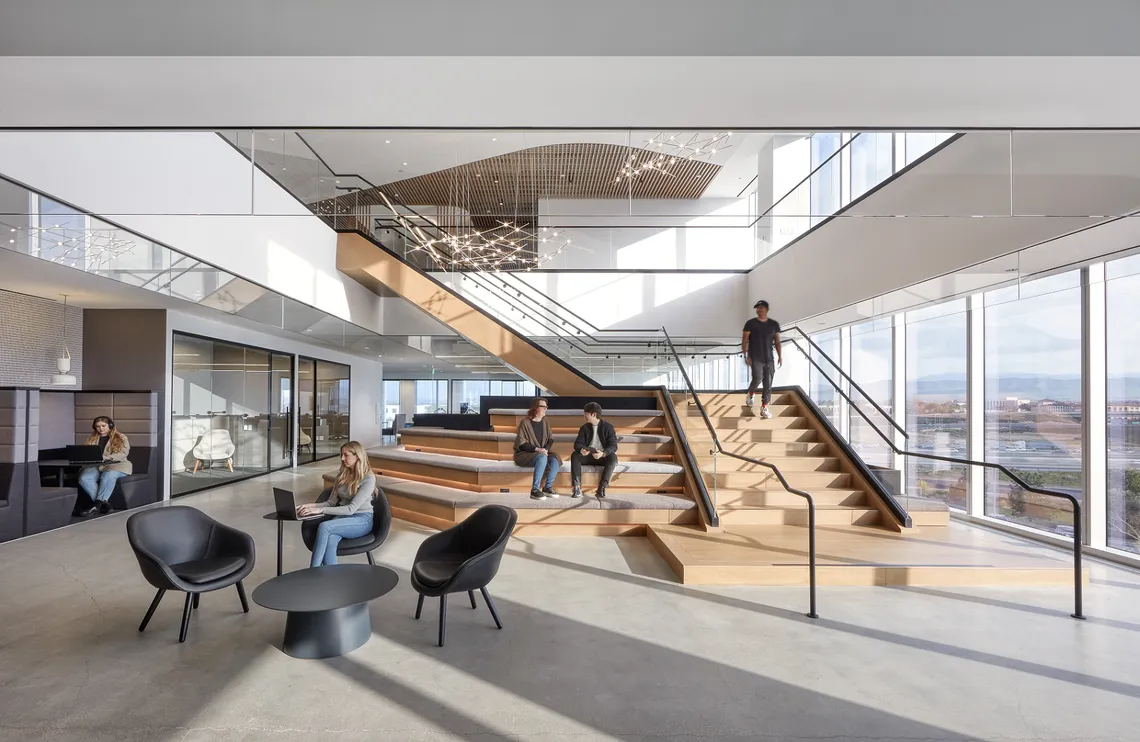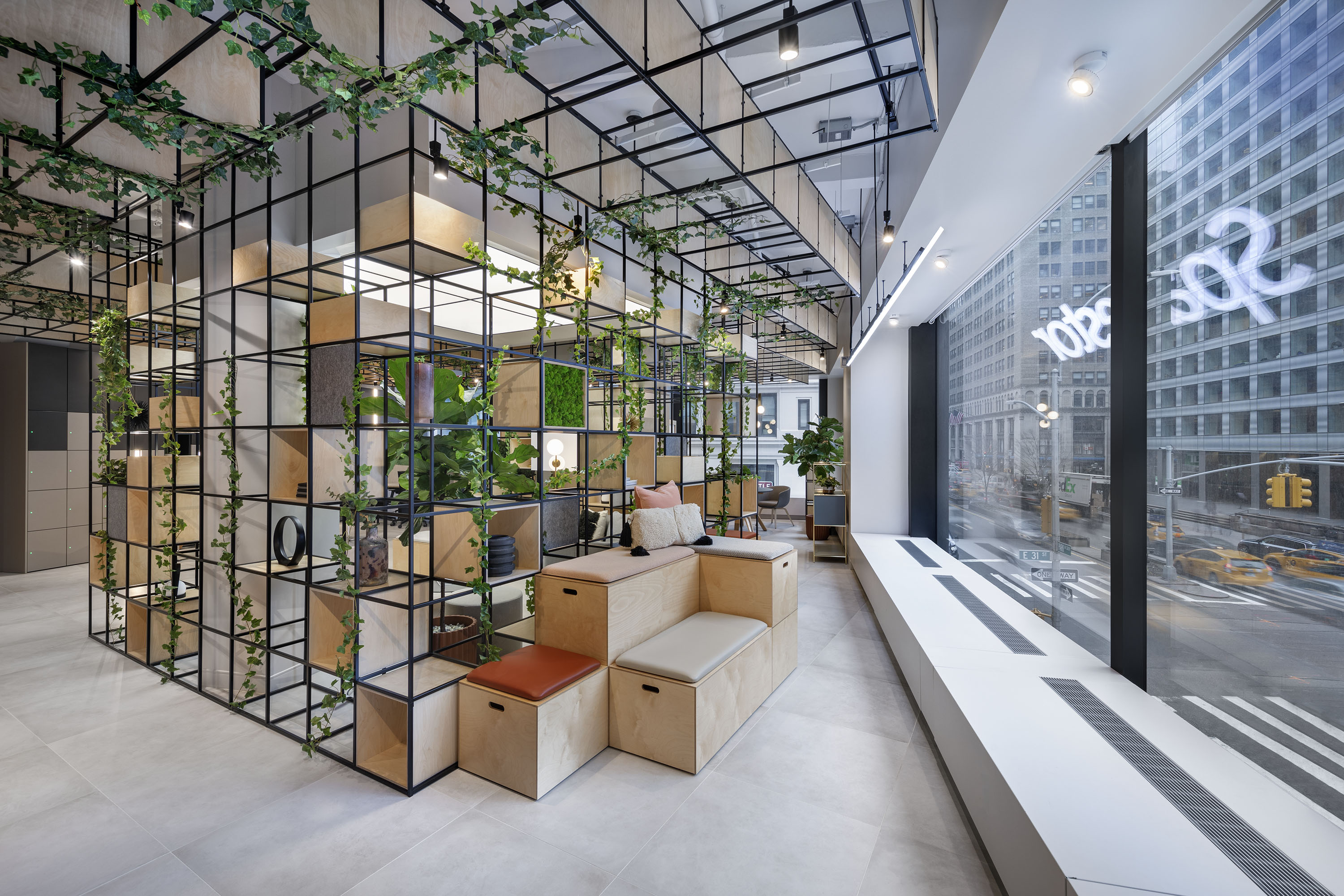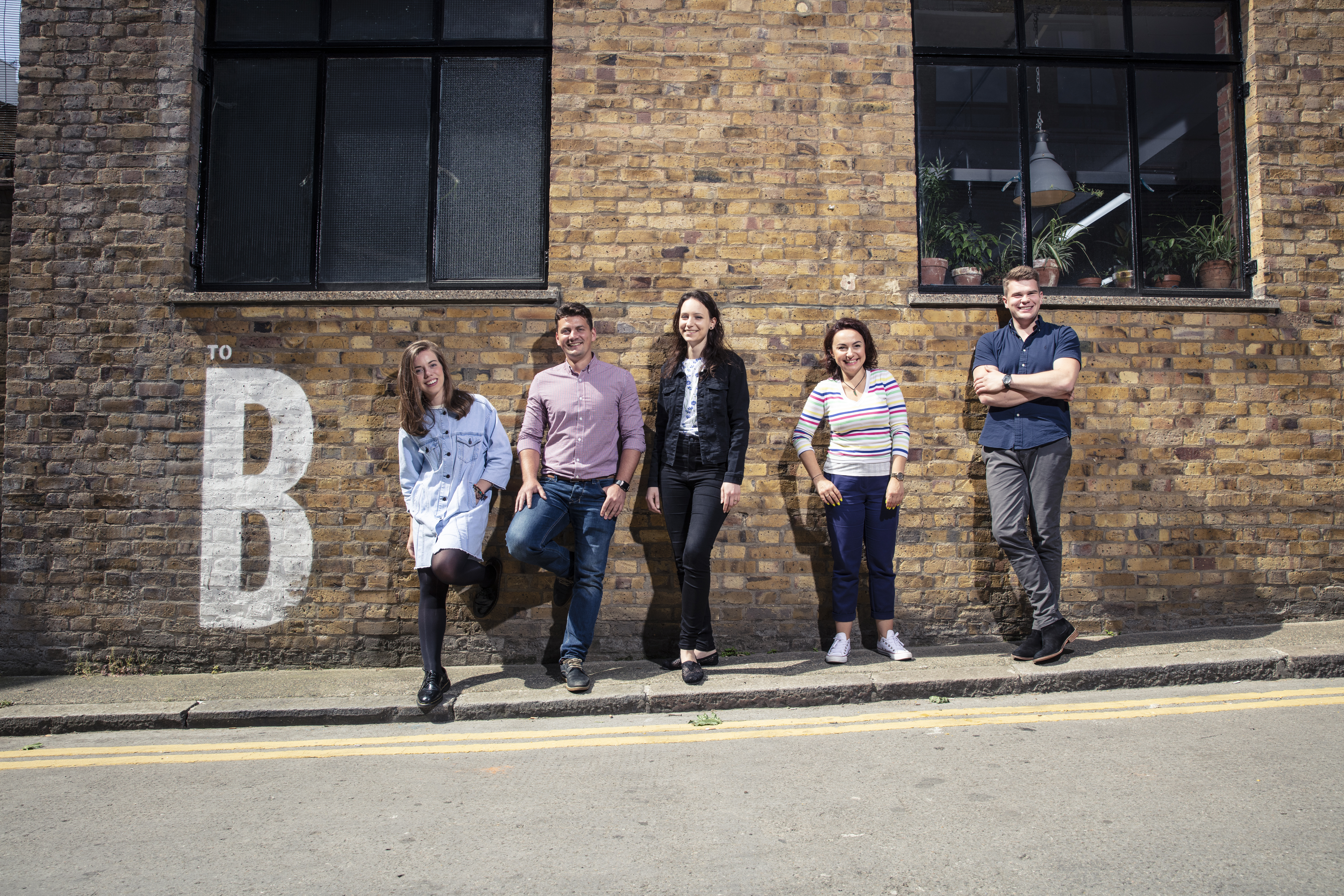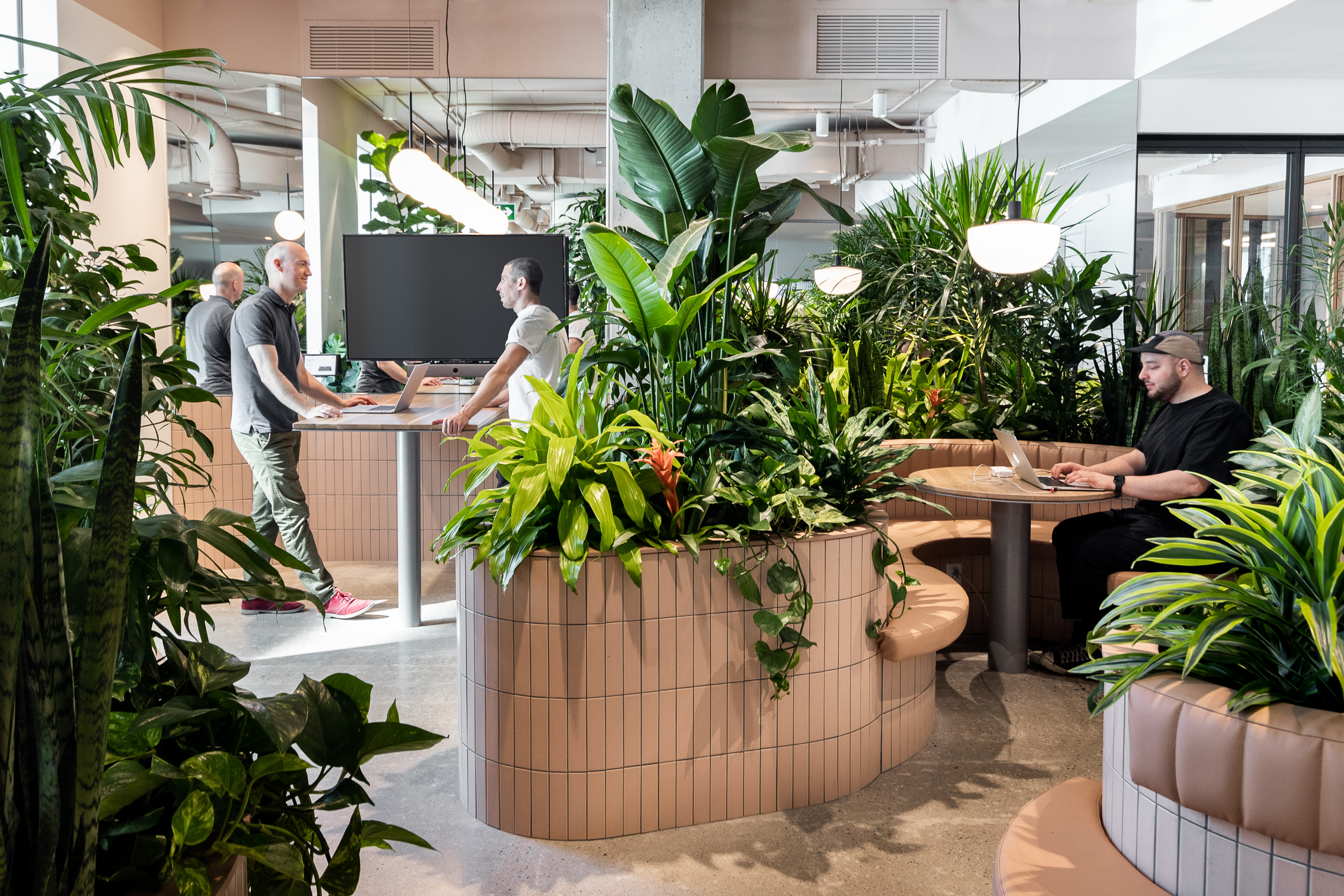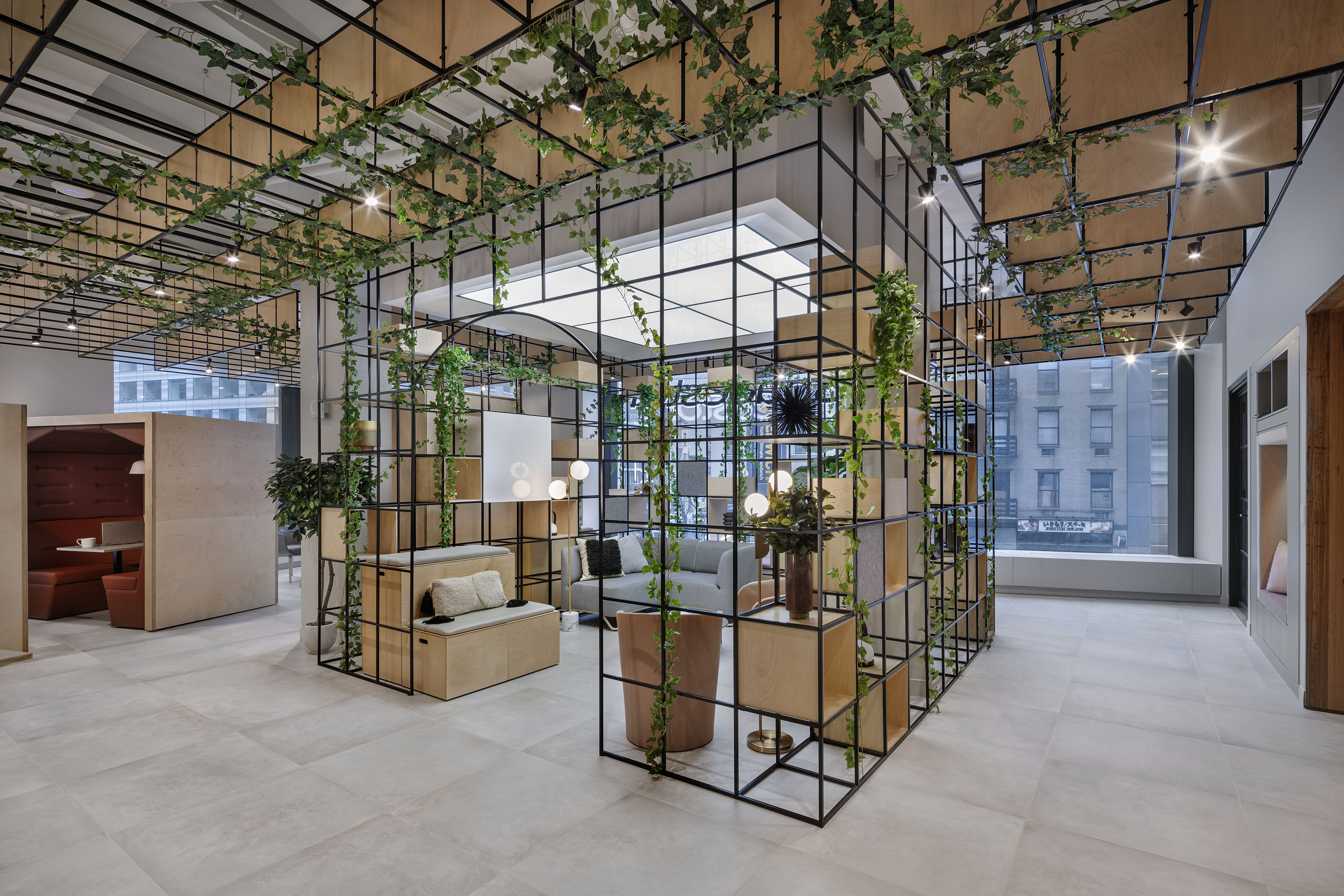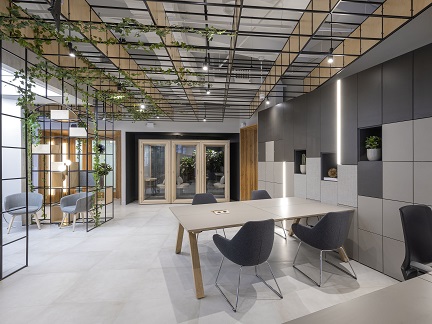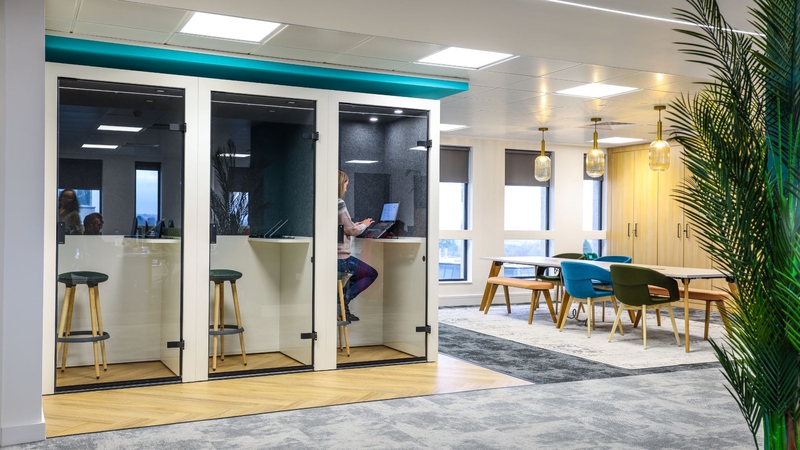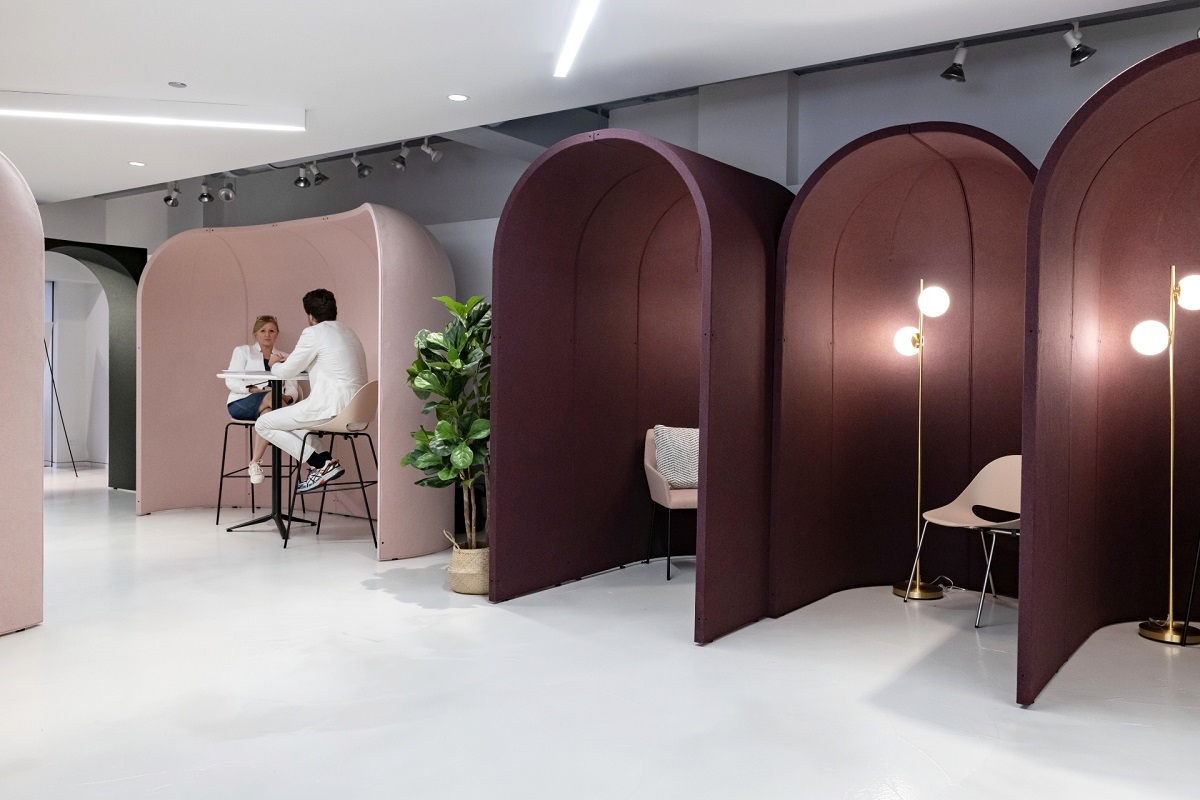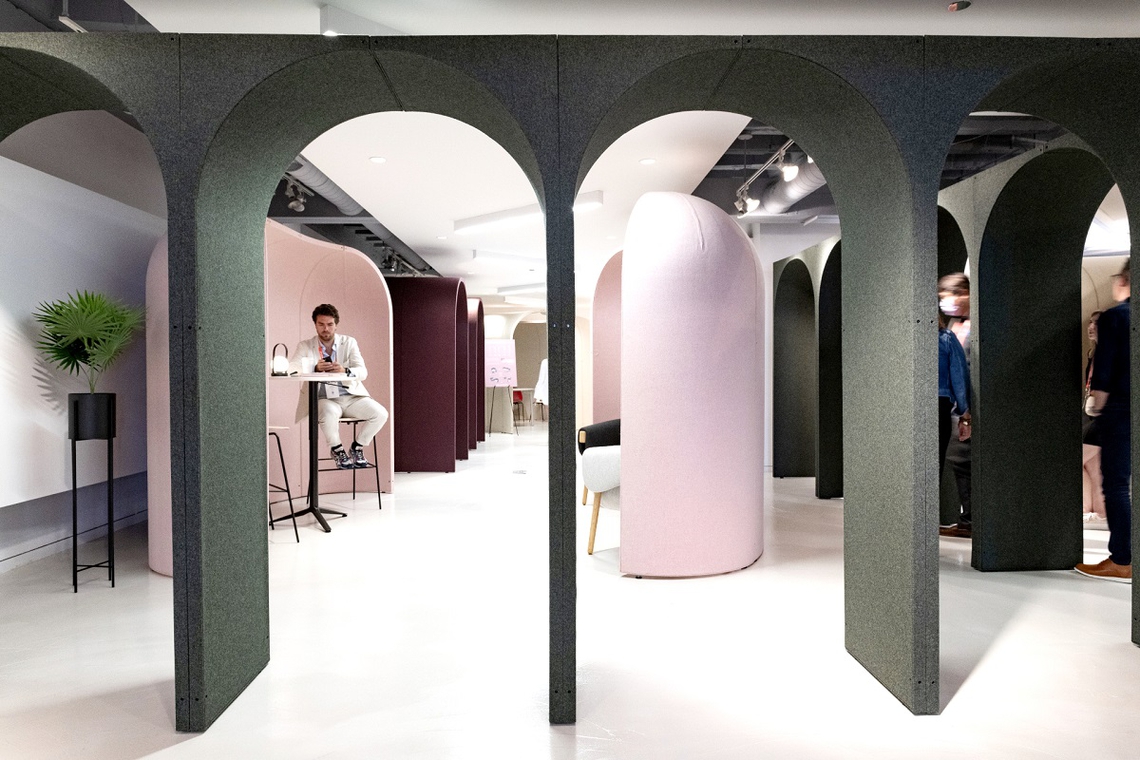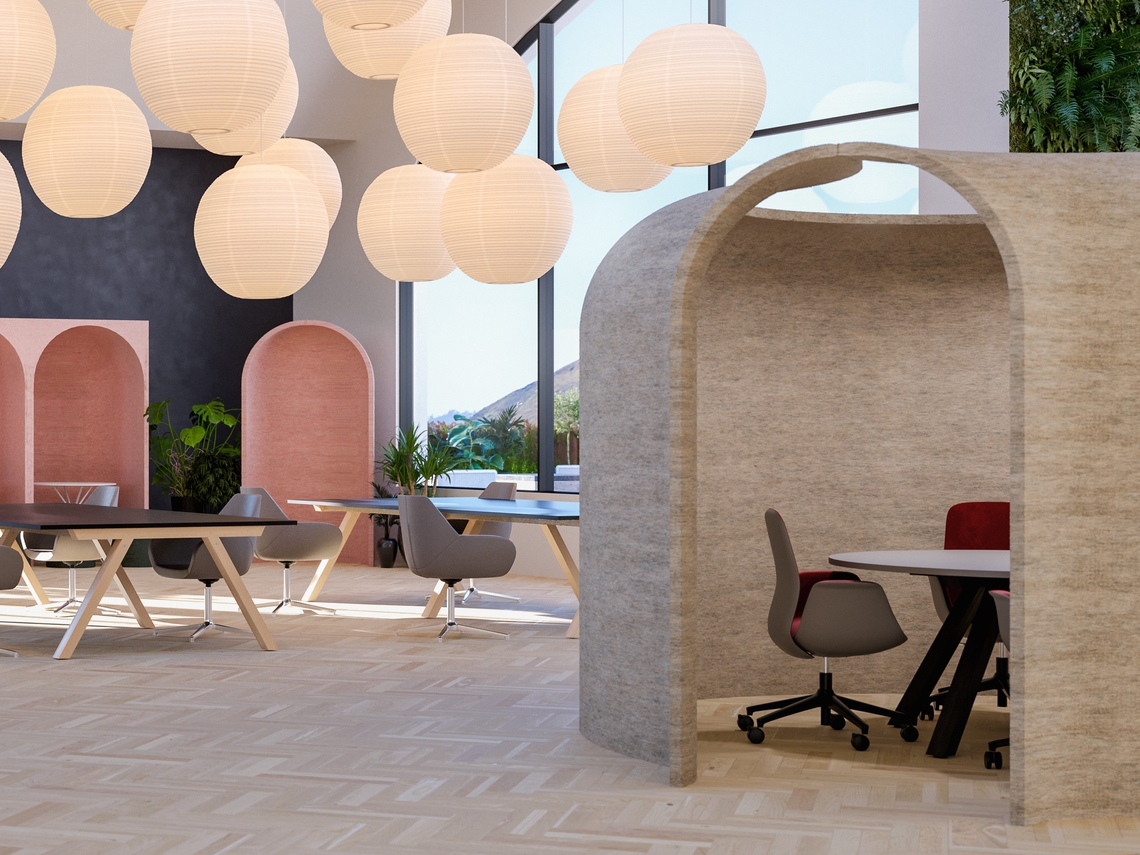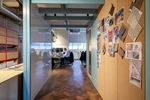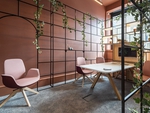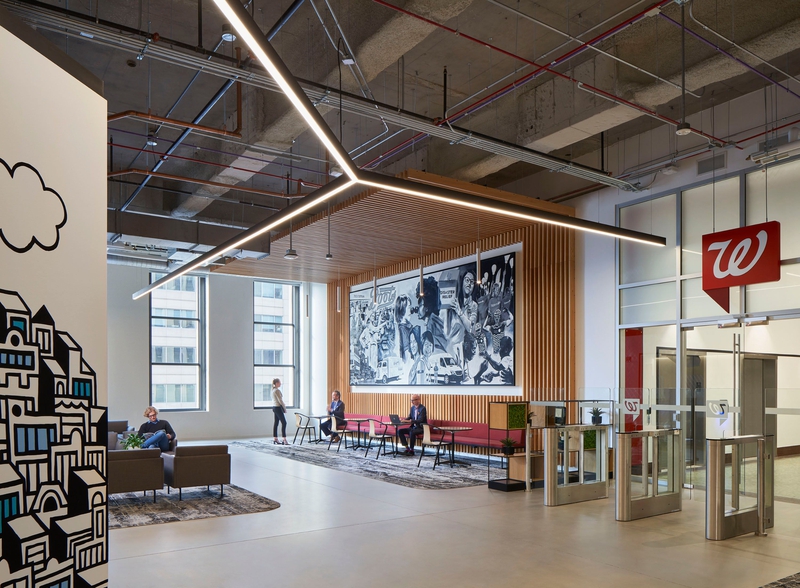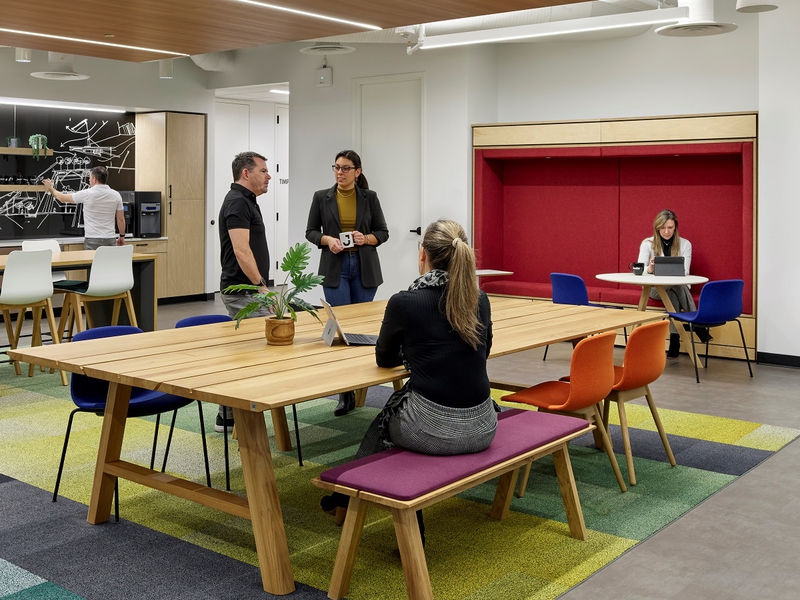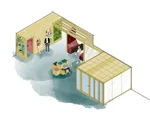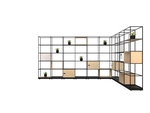June 28, 2022
Return to the Workspace Solutions, Industry Trends
The needs of building occupiers have changed. Post-pandemic, investors are evaluating their assets in response to the constant changes in real-estate and hoping to increase the resilience of their property portfolios. Commercial buildings are subletting and diversifying their offerings to attract people back into city centres. The same conversations are happening within workspaces.
With hybrid working patterns returning, it’s clear that despite the rise in working from home, the physical workspace is still needed, with data supporting the notion that the physical workspace is still a critical asset for workers, as this is where businesses can provide an environment dedicated to supporting employees’ health, productivity and happiness through embedding a great company culture.
As there is a decreased demand for space in the office, corporations may be tempted to scale back their property demands to reduce costs and overheads. In this article, we’ll explain why they shouldn’t, and should instead look to repurposing space, offering multiuse offices and embedding flexible solutions as a much more effective, rewarding and sustainable way to tackle this issue.

Single-Use Spaces are Becoming Obsolete
The ever-evolving role of the office has put a stop to the idea that the workplace must be one thing only: a place to work. Now, in order to truly satisfy the many needs of an employee, the workplace of the future must provide a space for working, socialising, relaxation, culture and encouraging wellness.
The increased responsibility on corporations to address these issues to retain their workforce, along with the rise of working from home has made single use spaces obsolete, wasteful and costly. With office capacity at an all-time low, this offers a number of opportunities for companies to offer a reimagined space, and at its core, should always be the desire to create spaces that elevate the human experience.
We see this trend happening in real-time across the property board in all industries, with a number of conversions of store and retail to hospitality venues. According to the Office for National Statistics, the proportion of shopping now carried out online stands at 27.8%. This is down from a pandemic peak of 37.7% but up from 19.4% pre-pandemic. The response from the industry is to repurpose these spaces as flexible, multipurpose venues and buildings can house year-round activity, attracting a more diverse crowd and thus creating extra revenue opportunities.

The Benefits of Multiuse Offices
As property developers and building owners search for ways to reposition buildings that are below capacity, workplaces must too, and for good reason; it is what their employees want.
Employers can benefit from multi-use offices as they increase engagement, productivity and loyalty of their employees, offering them the freedom to work how and where they desire. In order for this to be worthwhile, repositioned buildings must serve as a genuine alternative to remote work, by helping to alleviate the common complaints of remote working, such as monotony, social isolation, and the lack of work/life boundaries. Simply put; reimagined spaces that prioritise human connection, collaboration and socialization will entice employees back into the office as a preference, rather than an obligation.
Perhaps most significantly, businesses can benefit from multiuse offices as these support organizations with their sustainable office strategy, allowing them to more easily reduce their carbon footprint and reach their eco-friendly targets. Reduce, reuse, recycle has been at the core of sustainability projects worldwide, when applied to the built environment, the impact is even greater.
According to Architecture 2030, a non-profit focused on climate change and buildings, the built environment generates nearly 50% of annual global CO2 emissions, with building materials and construction (embodied carbon) responsible for an additional 20% annually.
Materials used to make furniture also contribute to carbon emissions, so repurposing spaces and using sustainable multiuse furniture to do so, is another impactful way of cutting down on waste and reaching net-zero future targets.

Reimagined Workspace Environments
While many sectors and industries may sublet parts of buildings in response to an increased building capacity, many offices across the world have already begun reusing and reimagining spaces to positively influence their company culture.
There has been an increase demand on workplaces to provide a variety of seating, rooms, and access to technology where people can meet or work alone, as well as micro-offices, allowing for independent work as well as small team meetings, that don’t shut off the occupants to the rest of the environment.
This can be achieved through the use of flexible, multiuse furniture, such as our verandas, a completely adaptable modular meeting room system, which allows organizations to repurpose wide spaces as well as provide a great level of autonomy and design choice for their employees.

Bumble, a dating, friendship and networking app repurposed their London office with the intention to reflect the varying needs of their business and people. The key goal of the new brief was to create a floor that focused solely on collaboration and adaptability. By experimenting over a two-year period and seeking feedback from their employees, they were confident that the reimagined space would be worthwhile and suitable for the future workforce.
Adaptive spaces require design solutions that allow for clearly defined zones for different purposes, whether it’s independent concentration work, team collaboration or booths for socializing. Sub-architectural furniture, such as the Aeonica which we built with Product Design Consultants, Gensler, is perfect for customization of the environment and a great way to repurpose space. The Aeonica is fluid, flexible and future-proof, allowing a vast choice of configurations and forms, from private cloisters, to spacious pantheons – with almost unlimited combinations available to work for any office, with any needs, at any time.
Share this article
